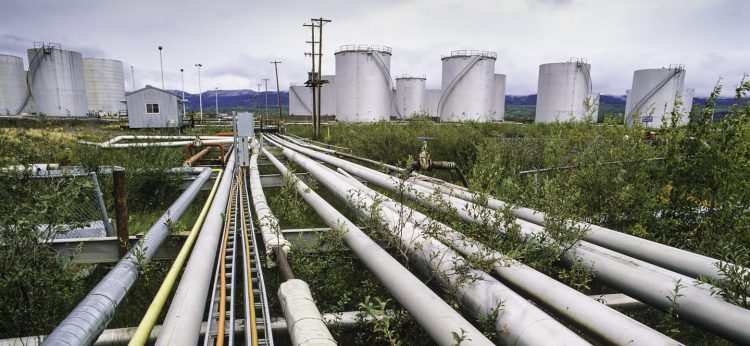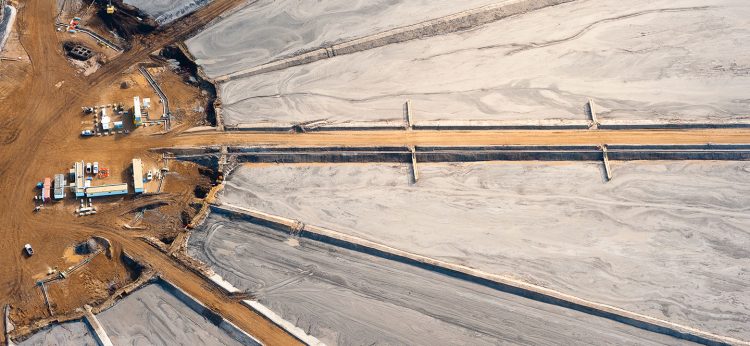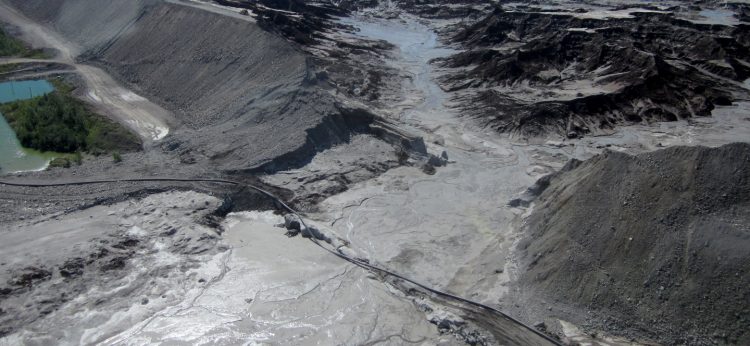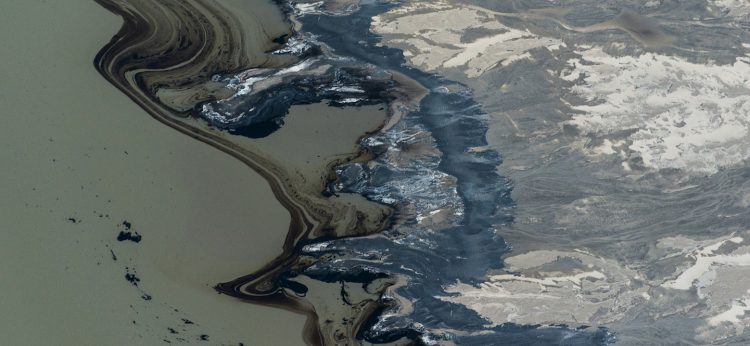Author: Corporate Mapping Project

Fossil-Power Top 50 launched
Who’s who of Canada’s fossil fuel industry in a publicly accessible database (VANCOUVER) What do Suncor, Encana, the Royal Bank of Canada, the Fraser Institute and 46 other companies and organizations have in common? They are among the entities that make up the most influential fossil fuel industry players in Canada. Today, the Corporate Mapping …

Report seeks to address ‘knowledge gap’ about Indigenous oil workers
EDMONTON – A new report released today by the University of Alberta-based Parkland Institute is a first step in beginning to address the dearth of research and knowledge about the lived experiences of Indigenous workers in northern Alberta’s oil sands region. Indigenous Gendered Experiences of Work in an Oil-Dependent, Rural Alberta Community is a mixed-methods …

Labour’s voices largely absent from news coverage of pipeline controversies: Study
VANCOUVER—A new study finds that BC’s news media frequently reinforce the assumption that there is an inevitable trade-off between environmental protection and job creation. Released today by the Canadian Centre for Policy Alternatives and Corporate Mapping Project, Jobs vs the environment? Mainstream and alternative media coverage of pipeline controversies analyzes over 300 recent articles about …

Image: Whose voices are missing from pipeline debates?
“Fossil fuel proponents often claim their support for the industry is connected to the needs and interests of energy workers—and our news media repeat and reinforce this claim, bringing it to the fore of public and political debates. But largely absent are the voices of actual workers and their unions; in the news media, their …

Oil sands ‘Big Five’ making billions despite oil price crash and pipeline delays, new report shows
EDMONTON – As debate continues to rage over pipelines and the current price differential for Alberta’s oil, a new Corporate Mapping Project report analyzes how the five companies that dominate the oil sands sector have fared during the recent boom-bust commodity cycle. “Despite the 2014 oil price crash and the ongoing hand-wringing over pipelines and …

Canada’s fossil-fuel sector controlled by a few major players
Canada’s fossil-fuel sector controlled by a few major players—including the five big banks, new study shows VANCOUVER – The major investors in Canada’s fossil-fuel sector have high stakes in maintaining business as usual rather than addressing the industry’s serious climate issues, a new Corporate Mapping Project study reveals. “Substantial ownership and strategic control of Canada’s …

Report on Mount Polley and Brazil tailings spills points to systemic problems with mining industry
Major issues remain unresolved four years after catastrophic Mount Polley dam failure VANCOUVER — British Columbia’s Mount Polley mining disaster bears remarkable similarities to a catastrophe at a Brazilian mine the next year and points to the strong possibility of more environmental calamities ahead, warns a new report that examines both events. The tailings pond …
Image: What do the two largest mining disasters in Canada’s and Brazil’s histories have in common?
The Mount Polley disaster took place in August 2014, when the dam holding toxic waste from the copper and gold mine collapsed, creating the largest environmental disaster in Canada’s mining history. In November of the following year, the largest mine disaster in Latin American history took place in Mariana, Brazil, when an even larger …

Pipeline feud underscores need for evidence-based energy strategy
Canada’s long-term energy security needs and climate commitments cannot be met without major changes: study VANCOUVER — A new study by veteran earth scientist David Hughes anchors the heated debate about pipelines and energy infrastructure within the realm of science and evidence. The study, which offers a comprehensive review of Canada’s energy systems, reveals that Canada’s …
Billions in ‘carbon liabilities’ demands action from Big Five firms
Edmonton — The five largest producers in the Alberta oil sands are failing to take meaningful action in line with the targets Canada has agreed to under the Paris Agreement on climate change, creating billions of dollars in economic and environmental risk in a world increasingly recognizing the need to transition away from fossil fuels. …
Oil Politics in the Patch: Climate Change Resistance and Cultures of Silence
Regina — In the wake of “The Price of Oil” investigation into oil industry impacts in Saskatchewan by the Toronto Star, National Observer and Global News, the realities of living with the health and environmental effects of oil are beginning to receive public attention. Despite these impacts, oil-producing regions in Saskatchewan are still characterized by …
History of Alberta’s oil sands policy highlights importance of government involvement
(Edmonton) A new report analyzing the oil sands policies of previous Alberta governments reveals the critical role of government involvement and funding in ensuring more than narrow corporate interests were served in the development of the province’s bitumen resources. In Betting on Bitumen: Alberta’s Energy Policies from Lougheed to Klein, Calgary-based journalist and researcher Gillian …





